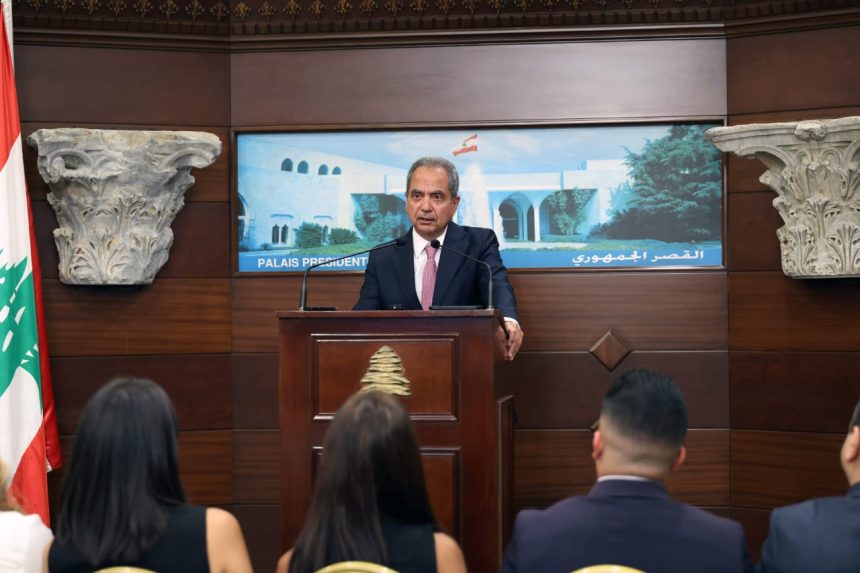Lebanon’s council of ministers has appointed the long-awaited Electricity Regulatory Authority (ERA), more than 20 years after its establishment under Law No. 462 of 2002.
LIMS welcomed the decision, describing it as a crucial step toward reforming the country’s ailing power sector. The absence of the regulator has long impeded the licensing of private electricity producers and distributors, a key mechanism for introducing competition and investment into the sector.
LIMS stressed that the ERA’s core mission should be to foster competition through simple and open licensing rather than building a large bureaucracy or drafting complex regulations to pursue broader goals that have failed elsewhere. The authority should start by licensing all existing players, then reassess and refine its framework over time.
The creation of the authority comes amid chronic electricity shortages. Électricité du Liban (EDL), the state utility, operates well below capacity as it recovers only about half of its bills, leaving it unable to purchase sufficient fuel to maintain supply. According to LIMS, the dysfunctional distribution system prevents EDL from increasing production and discourages private producers from entering the market, as revenue recovery remains uncertain and the government cannot and should not subsidize unpaid bills anymore.
To address the issue, LIMS advocates formalising illegal generator networks into licensed distribution companies that would purchase electricity wholesale from EDL and manage billing directly. Illegal generators already achieve full revenue collection for their own supply and could apply the same efficiency to EDL or independent producers, helping to stabilise supply and reduce outages.
Lebanon’s distributed generator system also offers a unique opportunity to align with global trends toward decentralisation, such as community choice aggregation and negotiated settlements. In many countries, these models allow local cooperatives to negotiate power purchases directly with producers, giving communities greater control over pricing, reliability, and energy sources.
Applied in Lebanon, this approach would enable the ERA to facilitate direct contracts between local communities and nearby producers, fostering competition and accountability at the local level. Communities could also be granted the option to partially or fully opt out of the national grid, creating a more flexible, consumer-centered structure.
- How Do Clear Regulations Protect Both The Private Sector And The State? September 2, 2025: Beirut 24, Video Interview AR
- Lebanon And The Electricity Dilemma: We Pay For Free Fuel Bills While Waste Persists, September 1, 2025: Al Modon, Article AR
- Railways In Lebanon: From A Pulsating Regional Artery To A Rusted Heritage Condensing National Crises, September 4, 2025: Euro News, Video Interview AR
- Will The Regulatory Authority Solve The Electricity Crisis After 23 Years Of Waiting? September 18, 2025: VDL, Video Interview AR

